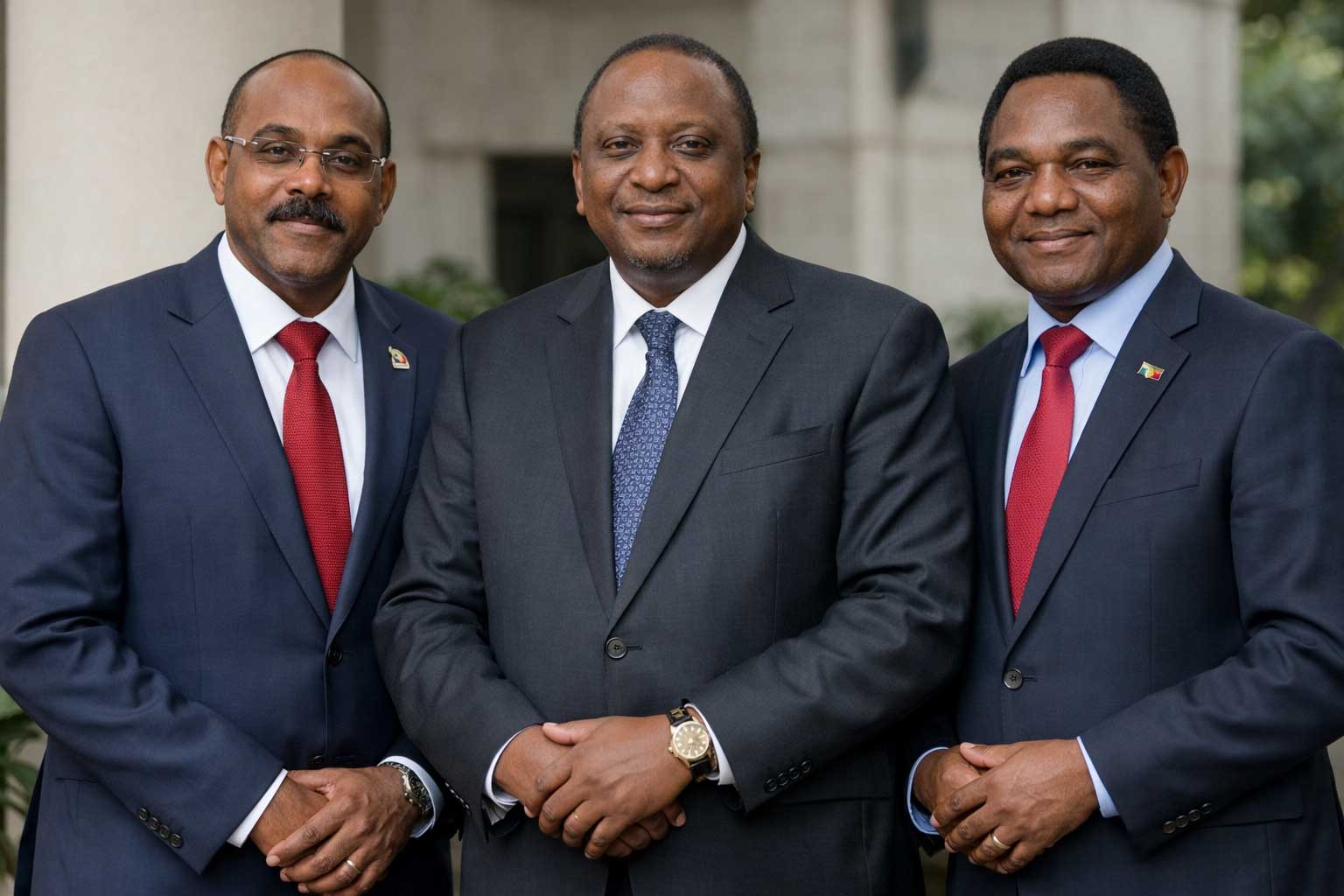Lifesaving health programs and medical research initiatives globally are facing swift closures due to the Trump administration's 90-day freeze on foreign aid and issuance of stop-work directives. The U.S. Agency for International Development (USAID) has been a critical source of funding for health programs, and its recent pause has prompted severe repercussions across various nations.
In Uganda, Dr. Jimmy Opigo, director of the National Malaria Control Program, reported a halt in spraying insecticides in local homes and the distribution of bed nets earmarked for vulnerable groups, including pregnant women and infants. Similarly, crucial medical supplies such as life-saving drugs for hemorrhaging pregnant women and rehydration salts for seriously dehydrated toddlers in Zambia are stuck due to the suspension of USAID-funded trucking contracts.
Moreover, clinical trials accommodating thousands of participants across South Asia, Africa, and Latin America are also on hold. Individuals involved in these studies are left without essential follow-up treatments or contact with the researchers overseeing their medical care. In discussions with over 20 healthcare professionals and project managers, many expressed despair as they witnessed, in a matter of days, the collapse of years of dedication and work.
Fearing repercussions for sharing their experiences, many interviewees opted for anonymity but conveyed profound emotion about the unfolding chaos. The collective sentiment underscores the rapid unraveling of health systems that were once reliable sources of treatment and research in developing regions.





















